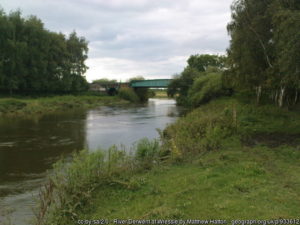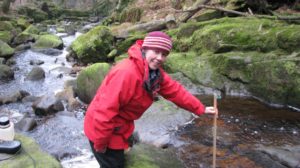
The latest iCASP Project, The Derwent Data Finder, will explore whether a collaborative monitoring system could help the Environment Agency to reduce costs and to gather more information. The Environment Agency currently spends 60 million pounds a year gathering information on the state of the water environment to meet regulatory requirements.
However, many other organisations, including iCASP partners and universities, also collect relevant data which if shared might fill existing knowledge gaps and prevent duplication.

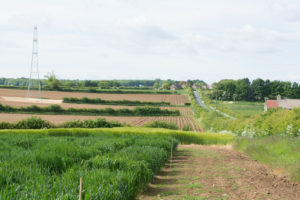
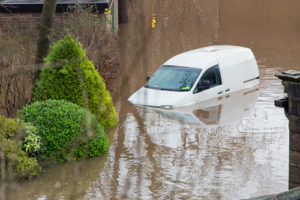 Yorkshire is prone to all sources of inland flooding: from rivers, rising groundwater, flash floods and prolonged heavy rainfall which can cause surface water flooding. Arguably flooding from rivers is more straightforward to forecast because rises in water level can be measured and seen in advance. However, in the case of rainfall, it is harder to forecast precisely where heavy prolonged rain is going to fall and therefore if that rainfall will cause surface water flooding by landing somewhere with inadequate drainage.
Yorkshire is prone to all sources of inland flooding: from rivers, rising groundwater, flash floods and prolonged heavy rainfall which can cause surface water flooding. Arguably flooding from rivers is more straightforward to forecast because rises in water level can be measured and seen in advance. However, in the case of rainfall, it is harder to forecast precisely where heavy prolonged rain is going to fall and therefore if that rainfall will cause surface water flooding by landing somewhere with inadequate drainage.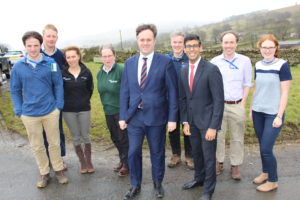
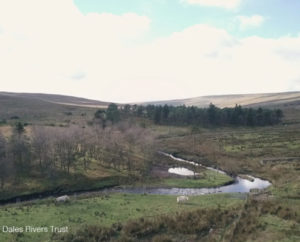 Natural flood management pilot schemes in Yorkshire are the focus of an iCASP project to develop best practice for modelling and monitoring. Defra’s 25 year Environment Plan highlights the important role that natural flood management techniques can play in flood risk management. The Yorkshire work will therefore contribute valuable learning for the rest of the UK. The iCASP project will help to develop best practice and show how natural flood management can deliver a range of benefits in addition to flood protection.
Natural flood management pilot schemes in Yorkshire are the focus of an iCASP project to develop best practice for modelling and monitoring. Defra’s 25 year Environment Plan highlights the important role that natural flood management techniques can play in flood risk management. The Yorkshire work will therefore contribute valuable learning for the rest of the UK. The iCASP project will help to develop best practice and show how natural flood management can deliver a range of benefits in addition to flood protection.
